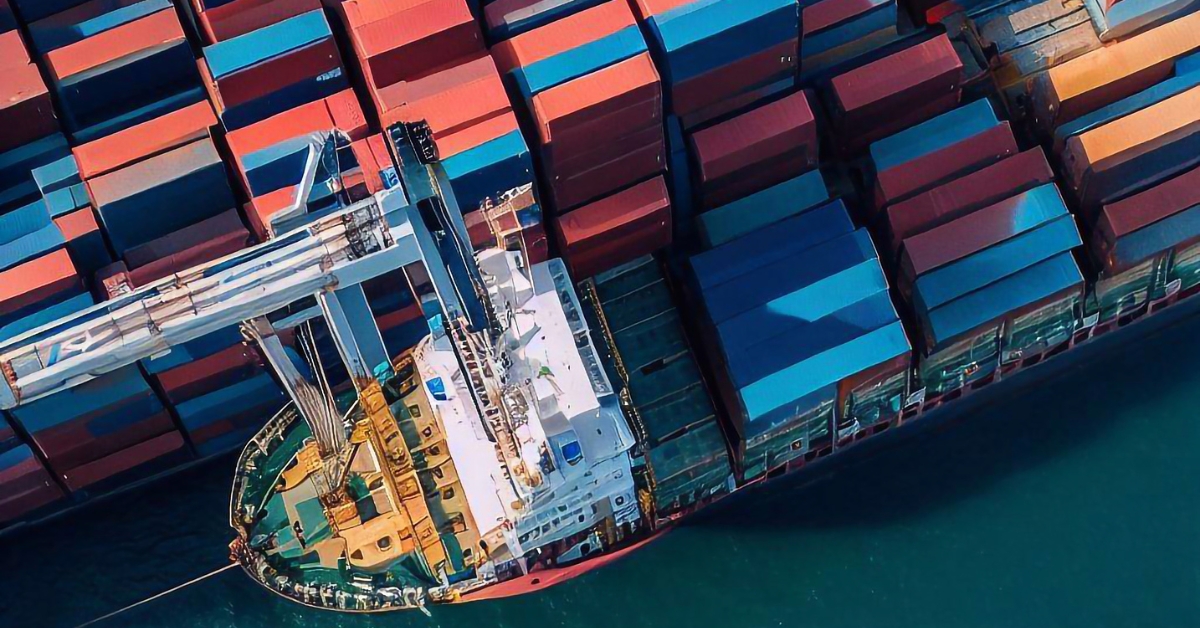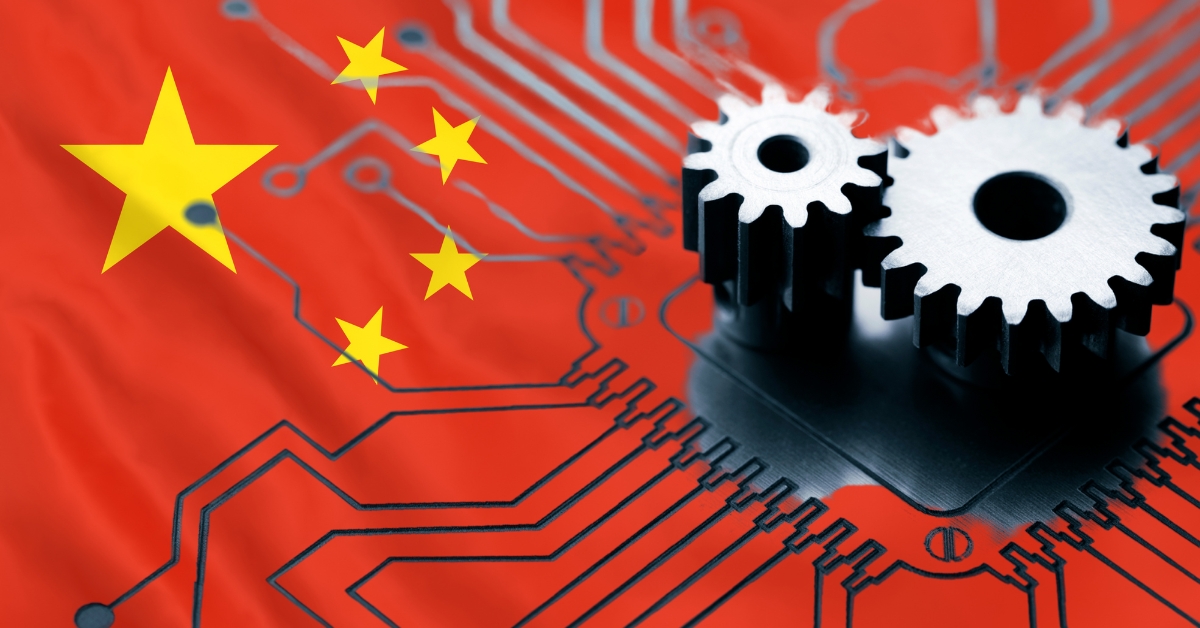
Report Highlights Espionage Threat from CCP-Linked Battery Firm
The Chinese battery manufacturer CATL, with extensive ties to the Chinese Communist Party (CCP), is raising concerns regarding national security and espionage threats as the United States continues its push toward electric vehicles (EVs). A recent report from the Foundation for Defense of Democracies (FDD) warns that CATL’s substantial presence in the global battery market and its partnerships with various automakers could make American infrastructure susceptible to espionage and malware attacks. CATL is already a dominant player in the global EV battery market, supplying key automakers and energy storage projects.
About one-third of the world’s EVs currently use CATL batteries, with partnerships that include Tesla, Volkswagen, BMW, Volvo, and General Motors. Furthermore, the company is set to provide large-scale energy storage systems to U.S. utility companies as they work to establish decarbonized power grids. Craig Singleton, the report’s author and senior China fellow for FDD, expressed concern about the situation, saying, “Our pursuit of green energy shouldn’t be at the cost of handing over the keys of our electrical infrastructure to foreign powers.” The report suggests that CATL’s growing influence on American infrastructure poses a national security risk.
CATL’s involvement in American projects has raised concerns. Equipment from the company has been installed in various energy generation facilities across the U.S., as well as within a solar farm on leased land inside Camp Lejeune, a U.S. Marine Corps base. This extensive presence allows CATL to access and potentially compromise critical infrastructure. Additionally, CATL’s close ties to China’s interests could enable political influence over American rules and regulations.
The Biden administration’s ambitious EV push has allocated billions of dollars and enacted regulatory measures to support the EV industry. President Joe Biden aims to have 50% of all new vehicle sales be EVs by 2030. As part of this effort, the administration has committed significant funding to retrofit manufacturing plants, develop a national charging network, and provide tax incentives for EV adoption. Additionally, the administration intends to incorporate battery storage technology into the future power grid as part of the plan to achieve net-zero carbon dioxide emissions by 2050.
The concerns raised by the FDD report underscore the complexity and potential security risks associated with the rapid transition to EVs. As the U.S. seeks to reduce its carbon footprint and promote clean energy, it must also carefully consider the implications of foreign entities’ involvement in key infrastructure projects. The report serves as a reminder that national security and economic priorities need to be prioritized over embracing green energy.














